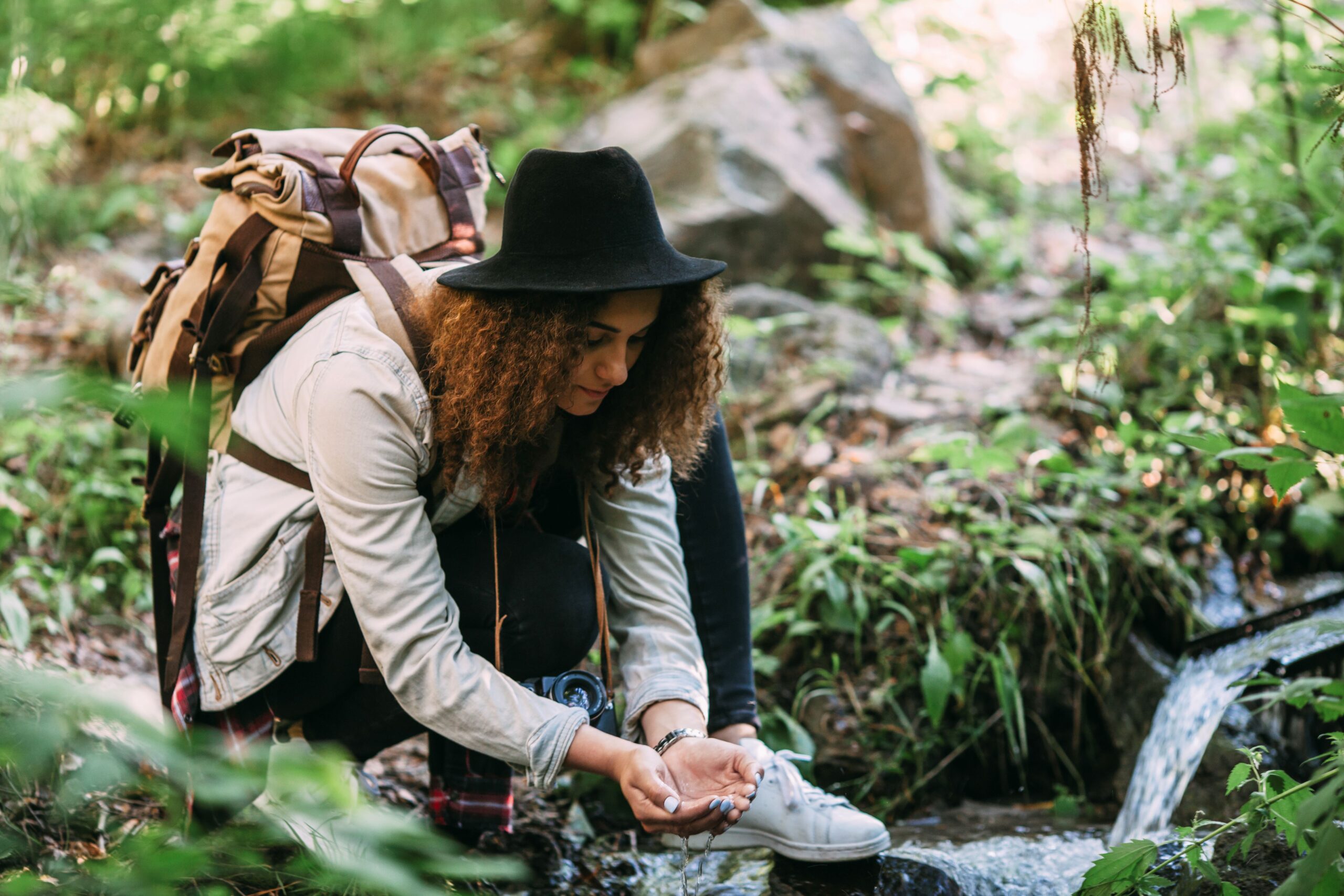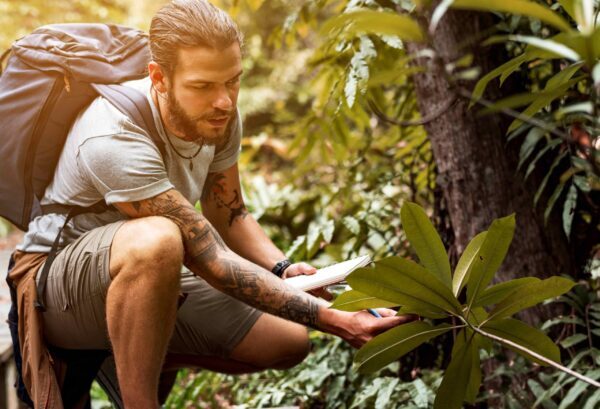Every morning, Mark gets up at five. He puts on his rubber boots, grabs his notebook, and heads out on a familiar forest trail. His job is to check the feeders, look for tracks on the ground, and check the cameras set up at the edge of the forest. Mark monitors the wild deer population in a nature reserve 20 kilometers from the nearest town. He graduated from high school ten years ago and has been working outdoors ever since. He doesn’t have a college degree, but he has experience, interest, and practical skills. There are more and more people like him.
Read also: The Role of Soft2Bet: Development of Technological Products (Backend, Frontend, DevOps) in the iGaming Sector
Against the backdrop of the popularity of office jobs and the desire for remote work, there is growing interest in jobs related to nature. Jobs in the wildlife sector are attractive because of their stability, physical activity, and the opportunity to be useful. At the same time, many positions require only a high school education and an interest in the subject. This article discusses ten professions where you can work with animals and nature without a university degree.
Wildlife control technician
This is a specialist who is responsible for the safe removal of animals from urban environments and their return to the wild. Their work includes setting traps, consulting with the public, and checking buildings for animal access. The job requires patience, knowledge of animal behavior, and the ability to work in unusual conditions.
Zookeeper
Caring for animals at a zoo begins with routine cleaning of enclosures and ends with participation in educational programs. A zookeeper monitors the well-being of animals, reports symptoms of illness in a timely manner, and assists with medication. They also interact with visitors, explaining the behavior and habitat of their charges.
Veterinary assistant
An assistant helps a licensed veterinarian. They monitor the condition of animals before and after surgery, perform basic procedures, and maintain the premises. In a zoo or rehabilitation center, they may work with injured wild animals.
Park ranger
A park ranger’s job is to protect the territory, ensure the safety of visitors and animals, and participate in nature conservation activities. They monitor air and water quality, prevent forest fires, and conduct tours for park visitors.
Firefighter-forester
A firefighter-forester is responsible for preventing and extinguishing fires in natural areas. During the off-season, they clear trails, collect statistics, and monitor weather conditions. Their tasks include organizing controlled burns, which allow vegetation to be renewed and reduce the risk of large-scale fires.
Naturalist
A naturalist leads tours, answers visitors’ questions, monitors the condition of trails, and participates in scientific observations. They help preserve the area, develop environmental education programs, and advise local authorities on nature conservation issues.
Wildlife photographer
A photographer captures the behavior of animals in their natural habitat. They may work with publishers, scientific organizations, or on individual commissions. Knowledge of biomes, observation skills, and photography skills are essential elements of this profession.
Environmental technician
They take samples of water, air, and soil and then test them for contamination. Their work helps monitor the environmental situation in the region and can be used to develop new standards. They also support the work of research groups and interact with government agencies.
Fish farm technician
A technician monitors the conditions in which fish are kept, their nutrition, and their health. He moves fish between tanks, monitors water temperature, and checks the condition of equipment. His duties may include giving tours or educational programs for visitors.
Wildlife specialist
This is an observer who monitors the interaction between humans and nature in a specific area. He collects data, verifies compliance with environmental standards, and participates in decision-making regarding the use of natural resources.
What’s your choice?
The wildlife sector offers stable and varied jobs that do not require a university degree. All you need is practical skills, patience, and a desire to work outdoors. Mark, who started out as a volunteer at a nature reserve, now coordinates animal conservation projects in the region. His journey shows that working in nature is open to anyone who is willing to learn on the job.

